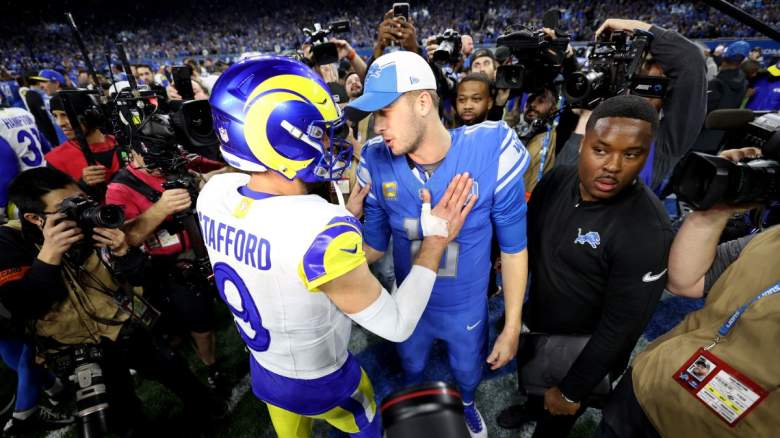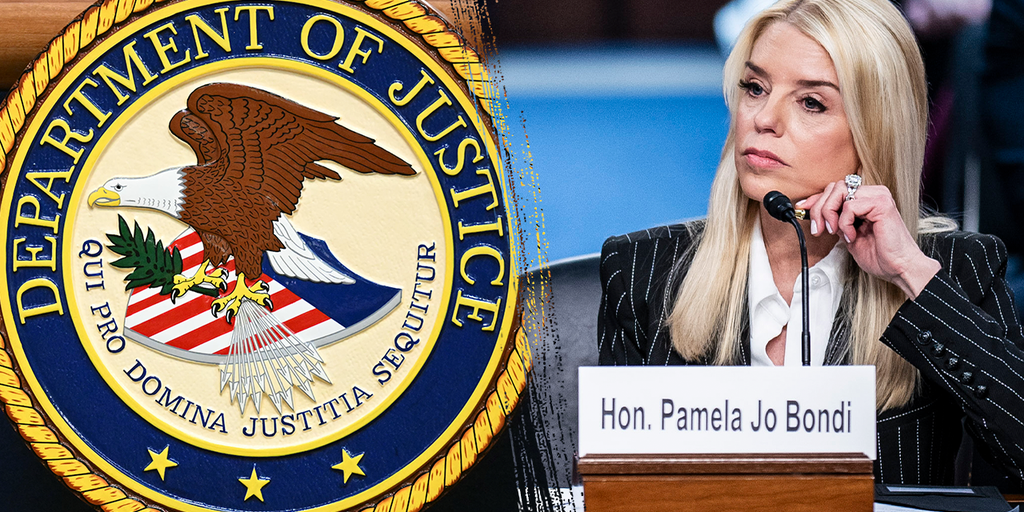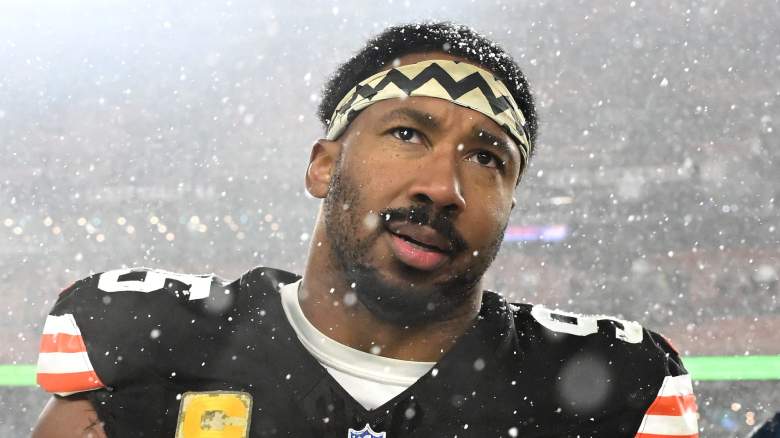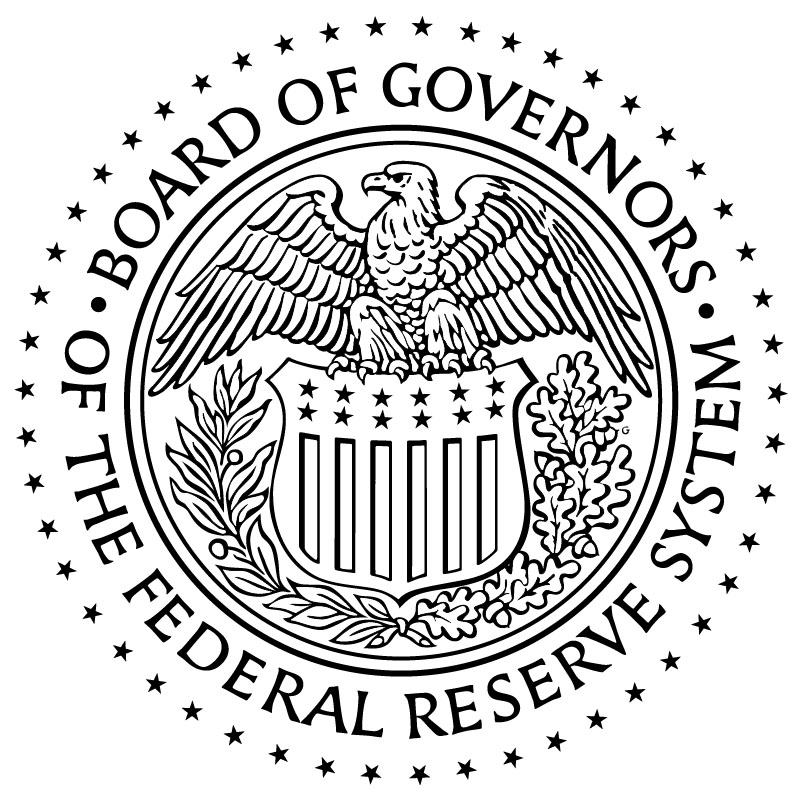Governor Pritzker Criticizes Trump Policies Impacting Education and Budget

Governor JB Pritzker voiced strong opposition to President Trump's possible elimination of the U.S. Department of Education, emphasizing its critical funding for special education in Illinois. With a budget shortfall looming, he aims to preserve essential federal funding while navigating economic uncertainties and state financial challenges.
SPRINGFIELD -- Gov. JB Pritzker on Tuesday continued his offensive against President Donald Trump's policy initiatives, raising concerns over new reports that the White House is seeking to eliminate the U.S. Department of Education, a move the governor said could deprive Illinois of essential federal funding.
"The Department of Education funds important programs like special education. We have in the state of Illinois many, many parents and their children who need special education and that funding is vital," Pritzker told reporters at the Illinois state Capitol. "If they take that away, that's going to be highly detrimental to the people of our state. So, I'm going to do everything I can to preserve that funding. I hope that that doesn't end up being a target of their attacks. They should know better. It would be shameful to take it away."
Pritzker raised his concerns about federal funding as he gets set to present a budget later this month that will need to address a projected shortfall of about $3.2 billion in the next fiscal year.
"We're going to do everything we can within our budget to try to address those problems, but it's the federal government dollars that means so much," he said. "If they cut these programs off, families will be left in great need."
The Illinois State Board of Education last month approved a nearly $11.4 billion budget request for the coming fiscal year, a 4.6% increase from its current budget. The proposal includes a $350 million increase in "evidence-based funding," which is aimed at delivering equitable funding for school districts in low-income communities, the minimum amount mandated annually by a 2017 state law. Some education officials and advocates believe more money should be allotted.
Pritzker on Tuesday also acknowledged uncertainty over how tariffs put in place by Trump, and those he has threatened, would affect Illinois' economy. Trump imposed 10% tariffs on Chinese imports and also threatened to impose tariffs of at least 25% on imports from Mexico and Canada, two of the U.S.' biggest trading partners, over what the president said were concerns about the illegal flow of drugs from those countries and border security issues.
With the new Illinois General Assembly in the early stages of its business for the year, Pritzker said he has not yet determined whether his legislative agenda needs to be changed in light of any policy initiatives being teased by the Trump administration.
"Lots happened over the last two weeks, as you know, and we're evaluating where we may need to tweak state laws or actually pass new ones," the governor said. "And certainly we don't know what the effect will be on our budget. But these are the things that we're looking at."
Pritzker's annual budget proposal is scheduled for Feb. 19. His challenges include how to fund Illinois' bloated pensions and a push for ambitious health care funding plans in the face of rising medical costs, all while dealing with a negligible increase in revenue.
There will also be pressure for new spending, including requests from Chicago for help fixing long-standing financial problems with the city's public school and transit systems, issues that have been amplified by the depletion of federal COVID-19 relief funds.
Deputy Gov. Andy Manar, Pritzker's point person on budgetary matters, on Tuesday held a news conference with the Illinois Retail Merchants Association to discuss an analysis showing the retail industry in Illinois in 2022 had a "direct and indirect economic impact" on the state economy with $441 billion in sales.
Manar pointed to the analysis as encouraging news for the state during a period when Illinois and the nation were emerging from the pandemic, and he noted it reflects the state's priority to grow the economy.
"That piece of continuing to understand and grow the state's economy is critical, whether the deficit projected is at a billion or $3.2 (billion), or anything that we've dealt with in the past," said Manar. "So, that approach of the governor of investing in business, making sure that our targeted incentives work and understanding the importance of retailers is something that's going to be a parallel conversation to the budget proposal in a few weeks."
The state's current $53.1 billion operating budget was balanced with about $750 million in tax increases and barely passed through the legislature last spring. Pritzker said Tuesday "taxes should not be the first but rather the last thing that we look at."
State Rep. Kam Buckner, a Chicago Democrat and a newly-named House Democratic budget co-negotiator, said last week the coming budget process "will not be opaque," adding that his side of the aisle plans to talk with legislative Republicans "about what's happening and about how we should move forward with this budget."
On Tuesday, House Republican leader Tony McCombie said she found those comments encouraging after complaints the GOP caucus has been cut out of the budget process in past years.
"I trust Kam. So if he said that, then I believe that," said McCombie, of Savanna. "I have also heard from the governor and he did ask for our priorities as well. So, that's the start. So, we're going forward with hope."



















